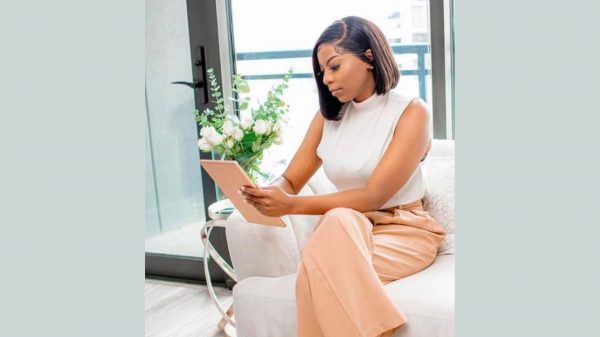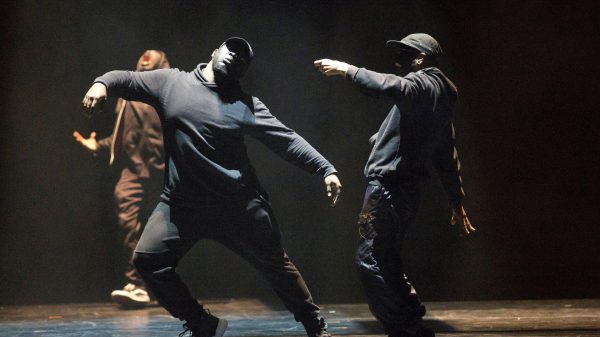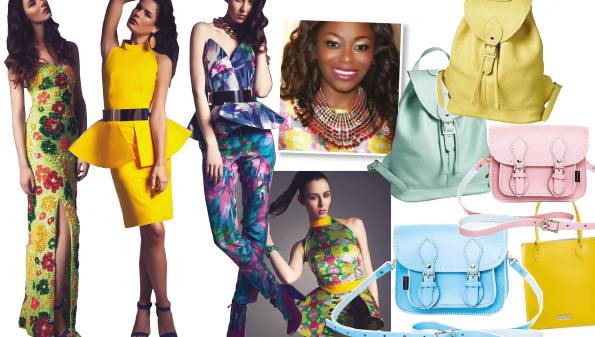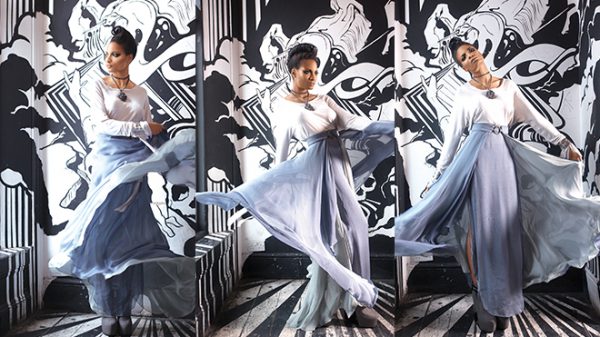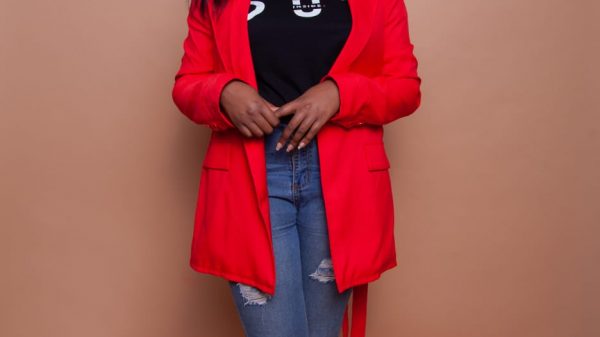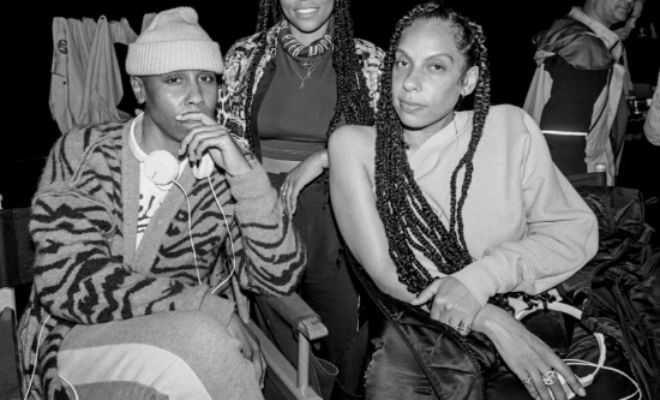Melina Matsoukas is a two-time Grammy award-winning director for her directorial work on Beyonce’s Formation and Rihanna’s We Found Love. Alongside Lena Waithe, who is the first Black woman to win an Emmy for Outstanding Writing for a Comedy Series, this trailblazing twosome came together to create the emotionally gripping and highly acclaimed film Queen & Slim.
After an awkward first date Queen (Jodie Turner-Smith), a self-assured criminal defence lawyer is sure that it’ll be the last time she meets up with Slim (Daniel Kaluuya), an unambitious working-class citizen who struggles to chew silently. On their way home the pair are pulled over by a gun-wielding white police officer and in a tragic turn of events, Queen and Slim become the most wanted fugitives in a state that still has the death penalty.
The dynamic duo first met on the set of the “thanksgiving” episode of Netflix’s Master Of None. At that time Lena was also writing the script for Queen & Slim recalls the moment she knew she wanted Melina to direct it “I was having such a great experience and I was kind of looking at Melina like I think she’s the person to direct this thing, I could feel it.”
Lena Waithe and Melina Matsoukas talk to Emmanuella Ngimbi about diversifying the industry and what it’ll take for Black stories to get recognised by film awards.
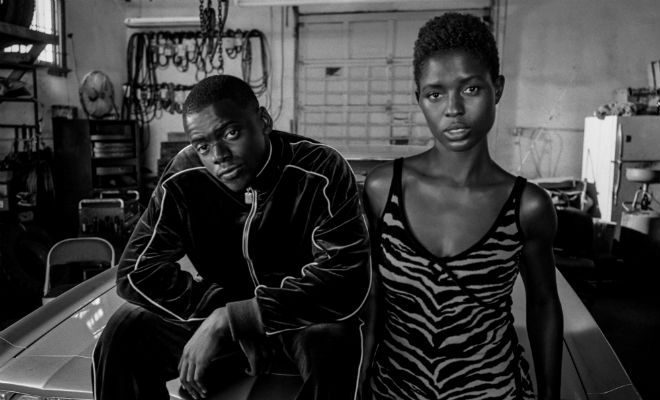
Daniel Kaluuya and Jodie Turner-Smith
Congratulations on Queen and Slim, such a beautiful film that’s both raw and gripping. Where did the inspiration for the film come from?
Lena: At a party, James Frey said he had an idea that he couldn’t write. Told me it was about a black man and black woman on their way home from a first date, and a police officer pulls him over, gets a little aggressive with him and they go on the run after killing him in self-defence. It got my wheels spinning, I didn’t want to have a cop that sympathizes with the criminal. I wanted to really figure out these two people, learn them and force them to lean on each other in this claustrophobic car. It really became this really beautiful experiment about what it meant to be Black in America, what it meant to save your own life and what it meant to own what your destiny will be.
How did you both connect?
Lena: Melina and I did the thanksgiving episode of Master of None together I was having such a great experience and I was kind of looking at Melina like I think she’s the person to direct this thing I’m working on, I could feel it.
Melina: She was working on it and trying her best to sell it to me. I had been looking for something in the feature category for a long time and nothing had felt right. It sounded interesting, but I don’t really like to have my relationships dictate my work, so I said when you’re finished with the script, send it to me. And if I moved, I’ll do it. The script was so inspiring. It was everything I was looking for in the first feature. It was political; had something to say and it was black AF.
Queen & Slim is your first feature film for both of you, what challenges did you face?
Melina: As a director to maintain that tension when I couldn’t rely on any instructions like they were being chased or they’re close now. I had to create that through the use of filming making, mise-en-scene, production design, music and cinematography. Also how it’s just so, genre-defying, it doesn’t live in one space. It starts off as this rom-com, turns into a horror story, then becomes a love story, with so much humour threaded through every frame. I feel like that’s how we walk through life as black people, you can’t put us in one space.
Lena: This was my first real feature script and some people ask if I’m nervous to give it to a first-time feature director but I just knew she could do it and that it would be special. Also, we all jump this thing first together, but I just knew Melina would take it seriously, and she will put everything into it. So I never afraid, it was never a worry for me at all.
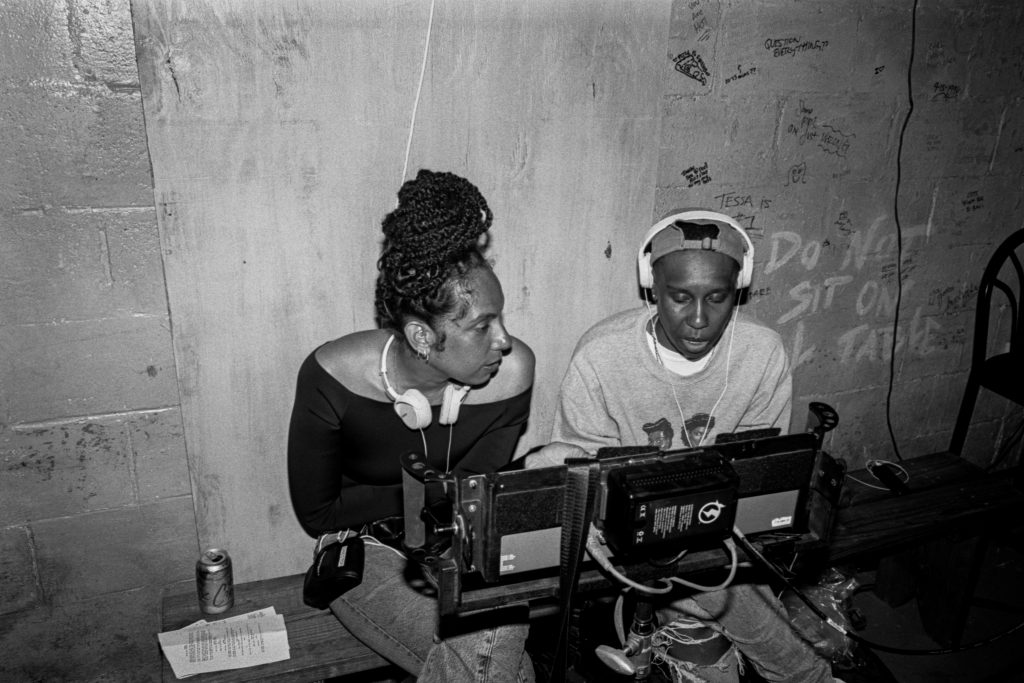
Your career started with you directing music videos, how did you transition to film?
Melina: I always wanted to do music videos; I grew up an MTV baby and I remember taping videos on my VCR then playing them back. I went to film school because I just love the partnership between music and visuals and that’s where I wanted to start. After film school I had directed a couple of pieces for my friends then I got a Ludacris and Pharrell video (Money Maker), which then led me to get four Beyoncé videos quite early in my career (Green Light, Kitty Kat, Suga Mama and Upgrade U). Then my music video career catapulted and I had great success in that category. Music videos are discredited as a form of filmmaking as people didn’t think I could tell a story so it was really hard for me to progress. I started making more stories and narrative-based music videos like We Found Love which led to my TV career. I had to do something that I was passionate about, that I believed in, not only as an artist but as a human, I like to create pieces of work that are political, that make you think, that challenge the status quo and I think that’s something that you can see in all my work.
How did you know Daniel and Jodie were right for the role? Especially, this being Jodie’s first lead role in a major movie/film?
Melina: It was really important for both of us to break a new Black actress, part of our purpose in life is to diversify our industry. We know that that was not an opportunity we get often and we already had Daniel (Kaluuya) so we really wanted to utilize that opportunity to give a platform to someone new. Jodie(Turner-Smith) came from Carmen Cuba, a phenomenal casting director, she was in the first round and I remember watching Jodie thinking this is Queen but it was still early in the process. Then I remember sending Lena pictures like this our Queen, right?
Lena: I love like the fact that very few people knew her face so you just dive in. I want you to be in Slim’s shoes. Like what’s her deal? Why she tripping. Then I want to pull back all the walls that she has up. You learn, what they learn about each other because they only have a few days with each other on this journey. It’s a slow build and ultimately by the time you get to the end you should feel like you know them that’s why the ending rocks people so much.\
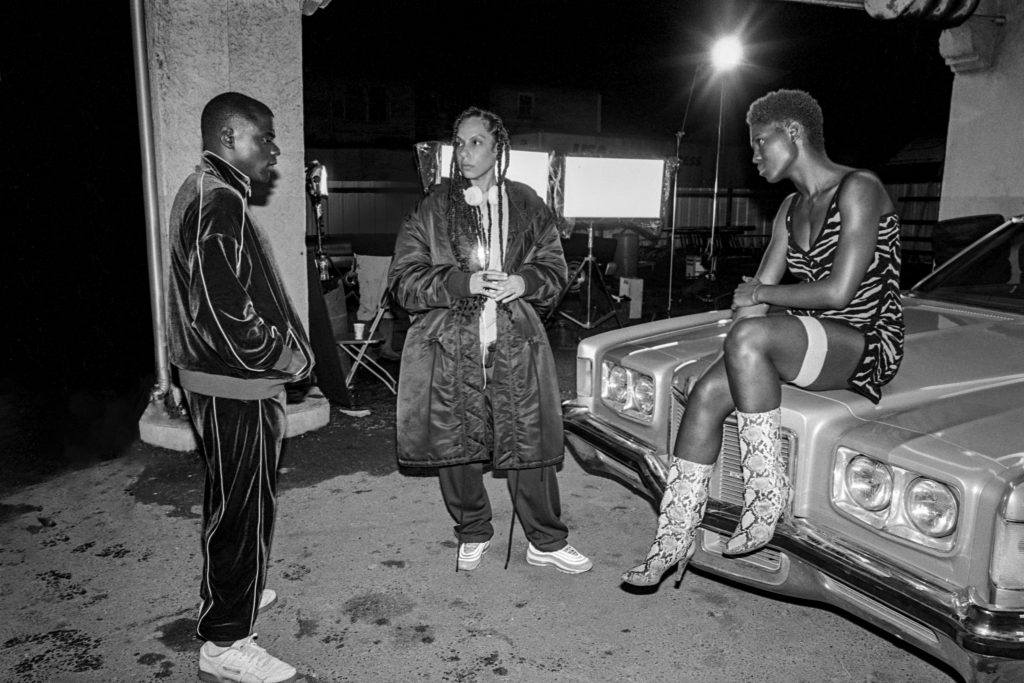
How did you know Daniel was right for Slim?:
Lena: Daniel chose us. He and I met at a screening for Get Out. We talked afterwards and I was really blown away by him. We exchanged information, went to dinner and we connected. He asked what I was working on, I told him about the script but it was a very early draft no one had seen it. He said it sounded amazing and asked to read it just for fun. I trusted him so I sent it to him and literally a few days later, he emailed me and said: “I am Slim.” I was like hold on, wait because my plan was to write the script get it to Molina have her direct it and then go cast it.
Melina: Daniel is a phenomenal actor but all I knew of him was Get Out and the person he plays in Get Out is not Slim. It’s just a testament to his talent, which I found out later. I sat down with him, he was late and in the first five minutes, I knew I found Slim and he had this connection, he had been through his own racial police harassment in London and he had his passion for the role. As we were talking I realized, he embodies every character he plays, his talent is immeasurable. So I offered him the role.
In previous years when it comes to award seasons, the Black movies that get recognised seem to be white saviour movies or ones that portray Black people as slaves or maids. With Queen and Slim, the storyline is the couple going on the run after killing a police officer in self-defence. What do you think it will take for the award ceremony voters to recognise and acknowledge our stories and our truths?
Melina: I think when we’re the heads of the award season, that’s when we will be recognized. Right now I think the powers put a value on the stories that they see value in, stories they relate to and they don’t relate to this. I think it’s about dismantling that power structure. The institutions, they’re all victims of the same systematic racism that bill our country and so it’s no different than the police force or our government. It’s really about restructuring and putting our voices inside so they can be heard, respected and valued
Lena: Award season is always so tough because it’s subjective and as black artists we don’t want someone to give us a diversity nomination. The voters don’t have to show any proof that they’ve actually watched all the movies. So it’s interesting when people question why a performance gets ignored when there’s a chance that a lot of the voters didn’t even see that movie.
Melina: They’re only going to watch movies they’re interested in, it makes sense. If I don’t even see these people in life, why do I want to watch them on screen?
Lena: Even though I respect, these academies and institutions. They exist and also help bring attention, power, and money. It is important, I don’t want people to say forget the awards because I don’t think that, I think the award structure needs to change. The truth is there are so many great stories that can be honoured. It would be nice to see some fresh faces and new voices. Like the gentleman that wrote and directed Parasite (Bong Joon-Ho), it was so exciting seeing his speeches because he was a new voice and a fresh face that the award seasons hadn’t seen. I just want to see more diversity in these award shows because not because anyone’s asking for a pass, but because I think audiences deserve to know about these films they ordinarily wouldn’t hear about.
Queen & Slim is in cinemas now





